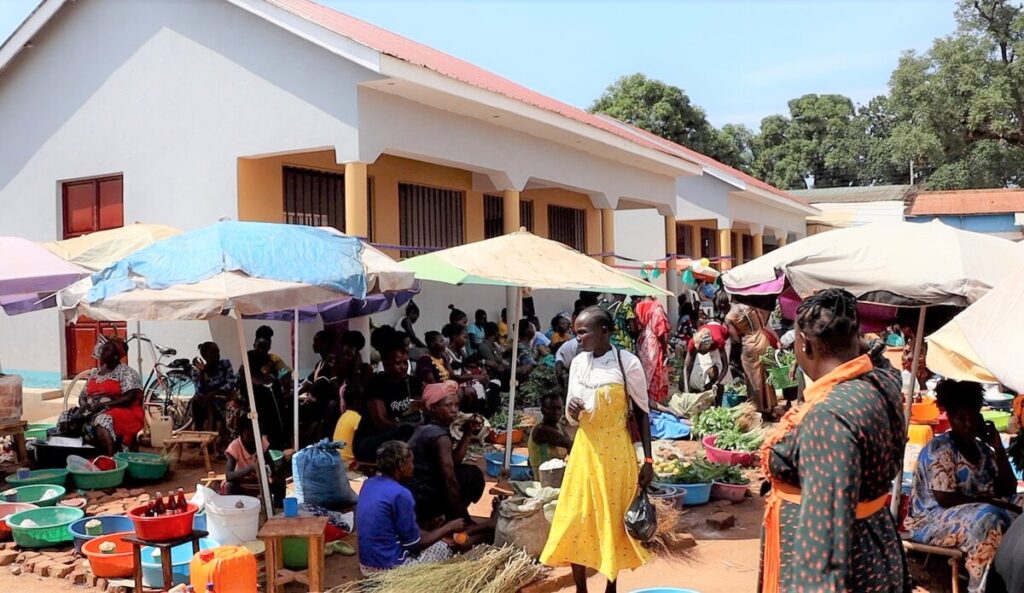Traders in Western Equatoria State have raised an alarm over skyrocketing essential commodity prices and attributed the crisis to the soaring dollar exchange rate, poor road conditions, and heavy taxation by local authorities.
During a joint meeting between the state government and the Chamber of Commerce in Yambio, Salah Badagbu, the acting chairperson of the chamber, said traders are under immense pressure.
“We moved as an economic cluster to assess the situation in Yambio market,” he reported. “Traders are struggling with high taxes imposed by the previous government offices, there is poor road access, and also the skyrocketing dollar rate.”
1 USD is currently exchanged for SSP 5,900 in the parallel market in the state, while the Bank of South Sudan sets the selling rate at 4,564 and buying at SSP 4,429. The disparity between the black market and official rates is making imported goods unaffordable for many citizens.
“These factors are making local food and essential goods unaffordable for the population, and we urge the state government to review and reduce these high taxes,” Badagbu stressed. “Our businesses are suffering, and the community is bearing the brunt.”
Local business owners echoed similar frustrations. Rose James, a pharmacist in Yambio, explained that transporting goods from Juba has become increasingly expensive.
“Prices are already high in Juba, and when combined with taxes in Yambio, it becomes unbearable,” she lamented. “If we try to sell at affordable prices, we incur losses.”
Mohamed Ahmed, a Sudanese trader, said that a 25kg bag of sugar now sells at SSP 25,600 and a 20-litre jerrycan of cooking oil costs 17,600.
“These prices are far beyond the reach of many customers,” he said.
For her part, Victoria Kango, a food vendor, noted that women traders face double taxation at the DR Congo border near Nabiapai.
“We rely heavily on goods from DRC, but high taxes at the border are threatening our businesses,” she bemoaned.
Meanwhile, Wilson Ragoyo, another trader, described the situation as devastating.
“The taxes are too much, and it is like killing the people and our businesses,” he stated. “Combined with poor roads, we are really suffering.”
In response, State Minister of Trade and Industry Haim Ezaya Paul acknowledged the traders’ concerns.
“We have heard from the traders. The rising dollar rate, poor road conditions, and high taxes are serious issues,” he said. “As a government, we will sit down to review the tax system.”
He emphasized that while the central government in Juba is responsible for regulating the dollar rate, the state government will take measures to improve road infrastructure and reduce burdens on local businesses.
Minister Ezaya concluded by pledging to engage all stakeholders in seeking practical solutions to the economic challenges facing Western Equatoria State.




